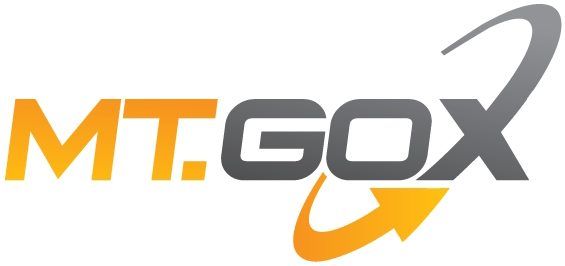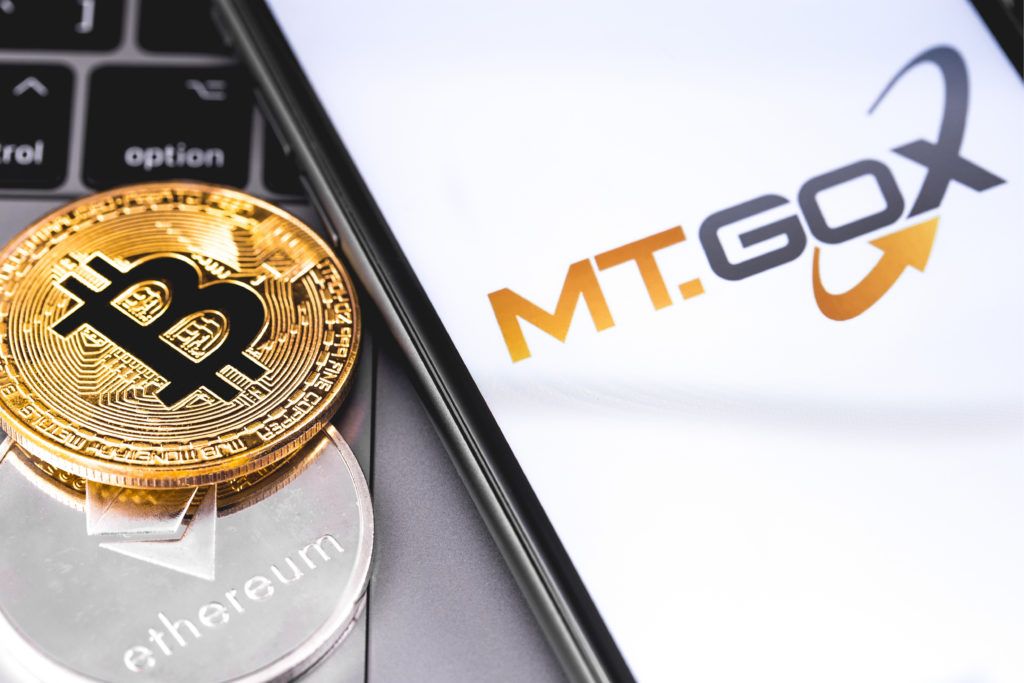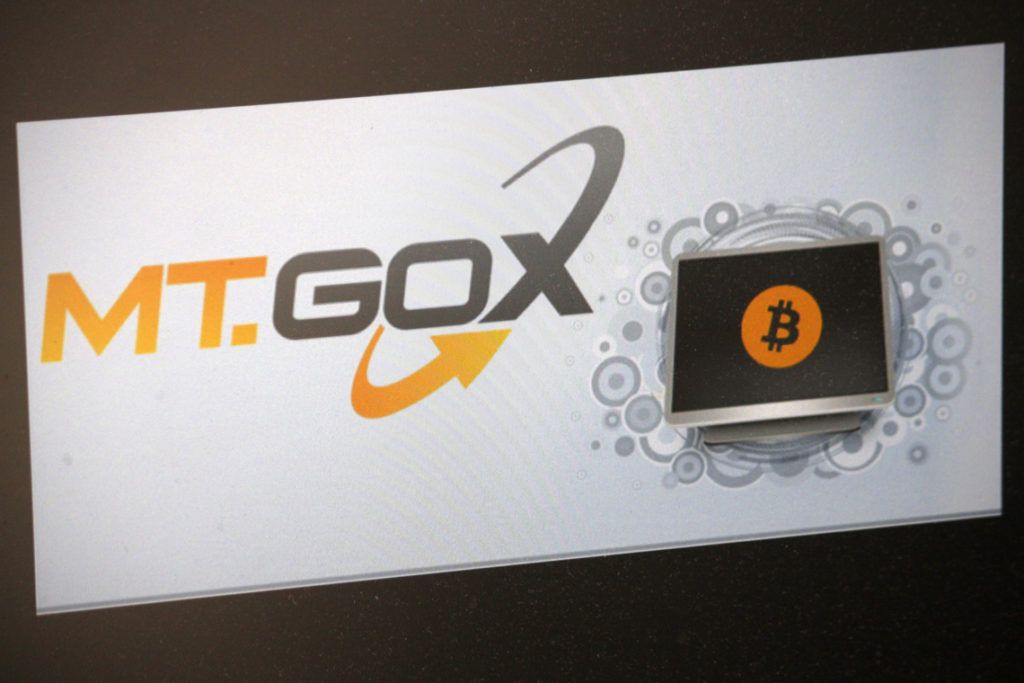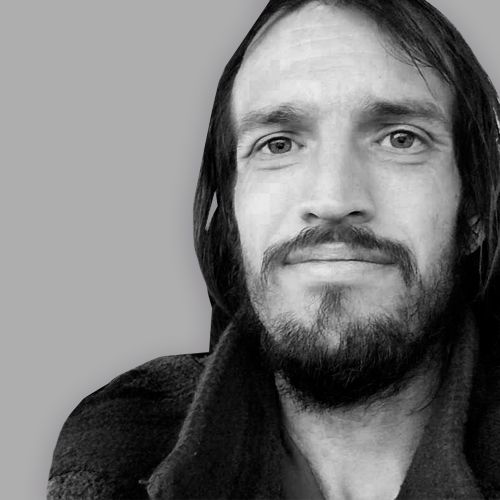In Feb 2014, Mt. Gox, one of the first and largest Bitcoin (BTC) exchanges at the time, went bankrupt. Upwards of 650,000 bitcoins were lost. Many of those who lost their money have been seeking reimbursements for the last five years. Gox Rising, led by Brock Pierce, may be the answer to the dreams of creditors who simply want their bitcoins back.
In early Jan 2007, Jeb McCaleb launched mtgox.com as a website that would allow users of Magic: The Gathering Online to trade virtual cards like stocks. Around three and a half years, later McCaleb redesigned Mt. Gox as one of the first Bitcoin exchanges. It launched on July 18, 2010. He sold the exchange to Tibanne Co., Ltc. — a company owned by Mark Karpeles — in March 2011.
It has been reported that McCaleb retained his administer credentials and that they were somehow maintained by a bad actor. On June 20, 2011, the bad actor signed into the account and was able to assign himself a large number of coins. These were then sold within a 30-minute period. The surplus volume caused the price of BTC to drop from its $17.50 to $0.01. The bad actor then took advantage of the low price and withdrew 2,000 BTC.
After regaining control of the account, those running Mt. Gox transferred 424,242.42424242 bitcoins from cold storage to the exchange. It is alleged that this was done to prove to the users of Mt. Gox that those in charge still had sufficient resources to run the exchange successfully.
On Feb 7, 2014, the exchange stopped all withdrawals. After releasing several press releases excusing this action, all transactions were suspended on Feb 24, 2014. Four days later, Mt. Gox filed bankruptcy. It was reported that over 744,000 bitcoins had been stolen at some point. The theft supposedly went undetected for several years. Those who had bitcoins on the exchange when Mt. Gox shutdown have yet to be reimbursed.

Cause of the Collapse
At the time of the collapse, an investigation conducted by WizSec — a team of Bitcoin security specialists — reported that:“he expected bitcoin holdings when MtGox collapsed were roughly 950,000 BTC. Out of those, 200,000 BTC were later found in an old wallet, and possibly up to 100,000 BTC belonged to MtGox itself (and would presumably be excluded during bankruptcy proceedings), leaving some 650,000 BTC ultimately missing.In the report released on Apr 19, 2015, it was assessed that the lost bitcoins were actually stolen slowly over a period of time. Between at least Aug 2011 and Jun 2013, Mt. Gox bitcoins would be withdrawn from the exchange and transferred to other addresses. A bug in the system allowed these withdrawals to be deleted from the system so that they were unrecorded. This allowed amounts of several hundred bitcoins to be gradually drained from Mt. Gox without anyone noticing. Coins from multiple fraudulent withdrawals were then collected together and sent to central holding addresses. Portions of the bitcoins held in these addresses would then be sent to other exchanges where they were sold. The researchers at WizSec state that Mt. Gox likely became insolvent sometime in 2012 — well before the exchange filed for bankruptcy in 2014.

Brock Pierce Saves the Day?
In March 2014, Brock Pierce’s company Sunlot purchased 88 percent of the failed cryptocurrency exchange Mt. Gox from Karpeles for one bitcoin. McCaleb owned the other 12 percent. This was later acquired for an unknown amount by Pierce as well. On Nov 24, 2017, some of those who lost bitcoins when Mt. Gox collapsed filed a petition with the Tokyo District Court. They asked that civil rehabilitation proceedings be brought against Mt. Gox, now owned almost exclusively by Pierce. At that time, bankruptcy proceedings were already underway. According to Japanese law, bankruptcy proceedings require a debtor, like Mt. Gox, to convert all of its non-monetary assets into monetary assets. This required the bankruptcy trustee Nobuaki Kobayashi to sell all BTC and Bitcoin Cash (BCH) held by Mt. Gox for Japanese Yen (JPY). On March 6, 2018, Kobayashi stated that 35,841.00701 BTC and 34,008.00701 BCH, the remaining assets belonging to Mt. Gox, were sold for a total JPY42,988,044,343. Added to the JPY already held by Kobayashi on behalf of Mt. Gox, there was a total of JPY 44,170,278,921 to be distributed to users who had lost BTC when the exchange went bankrupt. On June 22, 2018, the Tokyo District Court ordered that civil rehabilitation proceedings begin. This meant that the bankruptcy proceedings which had been unfolding until that point ceased. In civil rehabilitation, non-monetary funds are not converted to monetary funds as they are in bankruptcy proceedings. It is unclear whether or not Mt. Gox has any other reserves of BTC or BCH. If they do, this does not have to be converted into JPY or other fiat currency. It is also unclear whether or not the JPY will be converted back into BTC and BCH. Whether or not creditors will be reimbursed for the total number of coins lost or for the equivalent in JPY or another fiat at the time of loss is likewise unclear. Brock Pierce wants to relaunch the Mt. Gox exchange, which is alleged to be used to help facilitate creditor recoveries. [bctt tweet=”Only 16.5% of the revenue generated by the new Mt. Gox will be used as part of creditor recovery while 83.5% will be distributed to Brock Pierce, other managers, and investors.” username=”beincrypto”]Reimbursements?
In early 2019, Pierce revealed Gox Rising Limited as a new corporation owned by himself and unnamed managers and investors. It was established to help discover the lost bitcoins and return them to investors. Secondarily, Pierce wants to relaunch the Mt. Gox exchange, which is alleged to be used to help facilitate creditor recoveries. However, only 16.5 percent of the revenue generated by the new exchange will be used as part of creditor recovery while 83.5 percent will be distributed to Pierce, other managers, and investors. For creditors to opt-in to receive reimbursements, they must sign up with Gox Rising to receive their returns through the Mt. Gox return. It is encouraged by the company that those opting in attend webinars hosted by Gox Rising and pay attention to information released by the company. The first webinar will be supposedly hosted on Feb 26 at 5:00 PM PST. As well, the company has stated its intent to reveal its Creditor Rehabilitation Plan before the Tokyo District Court on Apr 22. Lastly, creditors are encouraged to join a creditors’ committee created by Gox Rising prior to this date.
Who Is Brock Pierce?
Brock Pierce is a former child actor who played roles in The Mighty Ducks, Little Big League, and First Kid. At 17 years of age, he decided to retire from acting and partnered with Marc Collins-Rector and Chad Shackley to establish Digital Entertainment Network (DEN) in 1998. The purpose of the company was to create and host internet-based television shows and video content. In 2000, Pierce, Collins-Rector, and Shackley faced civil litigation for sexually abusing three underage adolescent boys. Pierce was never charged criminally, but the litigation has had a lasting impact. After being elected as the Director of the Bitcoin Foundation, at least ten employees resigned, citing the 2000 sexual abuse allegations and litigation. Pierce has consistently denied these allegations. These allegations have been debunked as to Pierce. Pierce was a defendant in one civil lawsuit brought by three plaintiffs, two of which dropped the case against Pierce for no compensation. The third, Michael Egan, received a nuisance settlement. However, Egan’s allegations were since thoroughly discredited in light of Egan’s admissions of extortion to third parties, dismissal of copycat lawsuits (which lawsuits led to million-dollar awards against Egan’s attorneys), and Egan’s conviction of criminal fraud against his father-in-law.” Do you think that Brock Pierce will be able to pay back creditors for losses incurred when Mt. Gox collapsed, or will Gox Rising be another failed experiment? Let us know your thoughts in the comments below!
Top crypto platforms in the US
Disclaimer
In adherence to the Trust Project guidelines, BeInCrypto is committed to unbiased, transparent reporting. This news article aims to provide accurate, timely information. However, readers are advised to verify facts independently and consult with a professional before making any decisions based on this content. Please note that our Terms and Conditions, Privacy Policy, and Disclaimers have been updated.

Alexander Fred
Global AI, Data Science, and Blockchain expert. Alexander writes for BeInCrypto where he completes technical analyses of various alt-coins and qualitative commentary and analysis about various cryptoassets and their potential for social integration.
Global AI, Data Science, and Blockchain expert. Alexander writes for BeInCrypto where he completes technical analyses of various alt-coins and qualitative commentary and analysis about various cryptoassets and their potential for social integration.
READ FULL BIO
Sponsored
Sponsored
